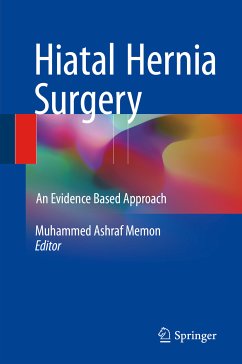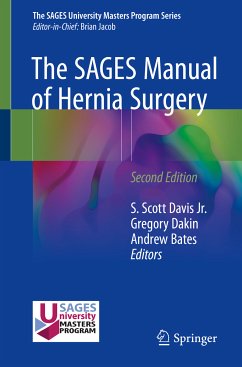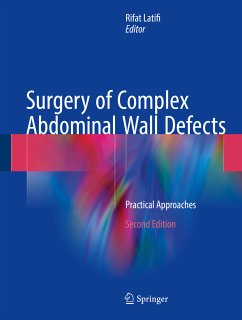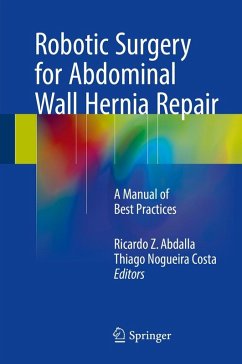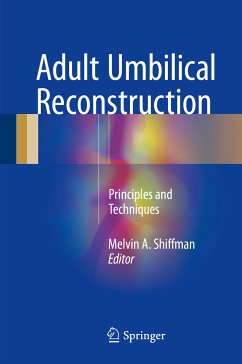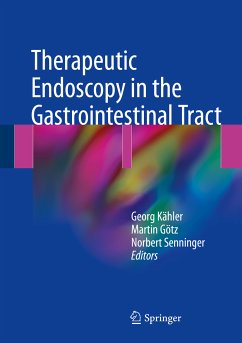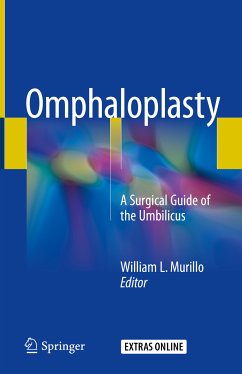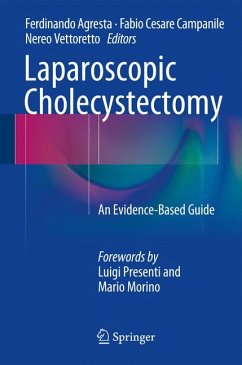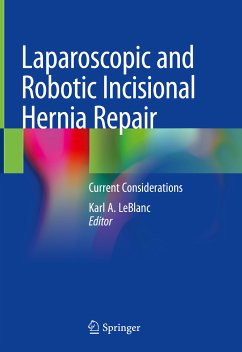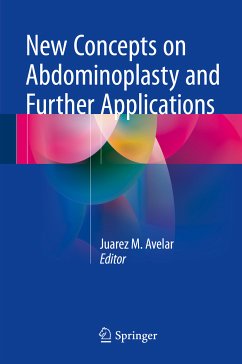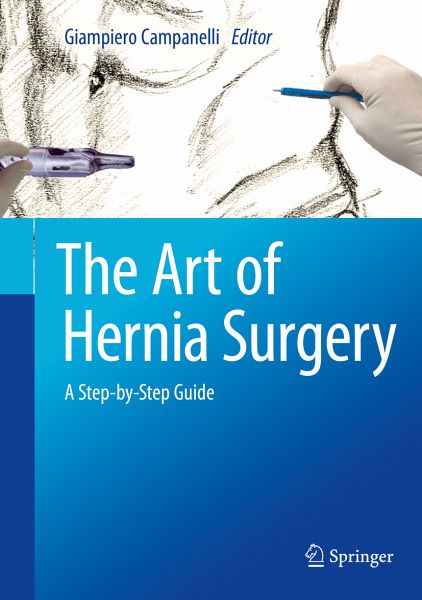
The Art of Hernia Surgery (eBook, PDF)
A Step-by-Step Guide
Redaktion: Campanelli, Giampiero
Versandkostenfrei!
Sofort per Download lieferbar
216,95 €
inkl. MwSt.
Weitere Ausgaben:

PAYBACK Punkte
108 °P sammeln!
Describes surgical procedures systematically and step by step
Explains indications, complications, outcomes, and relevant scientific background
Includes more than 120 photographs plus online videos
Written by a leading surgeon with extensive experience
A truly international resource offering 360-degree coverage of all currently available technical possibilities
Explains indications, complications, outcomes, and relevant scientific background
Includes more than 120 photographs plus online videos
Written by a leading surgeon with extensive experience
A truly international resource offering 360-degree coverage of all currently available technical possibilities
Dieser Download kann aus rechtlichen Gründen nur mit Rechnungsadresse in A, B, BG, CY, CZ, D, DK, EW, E, FIN, F, GR, HR, H, IRL, I, LT, L, LR, M, NL, PL, P, R, S, SLO, SK ausgeliefert werden.



